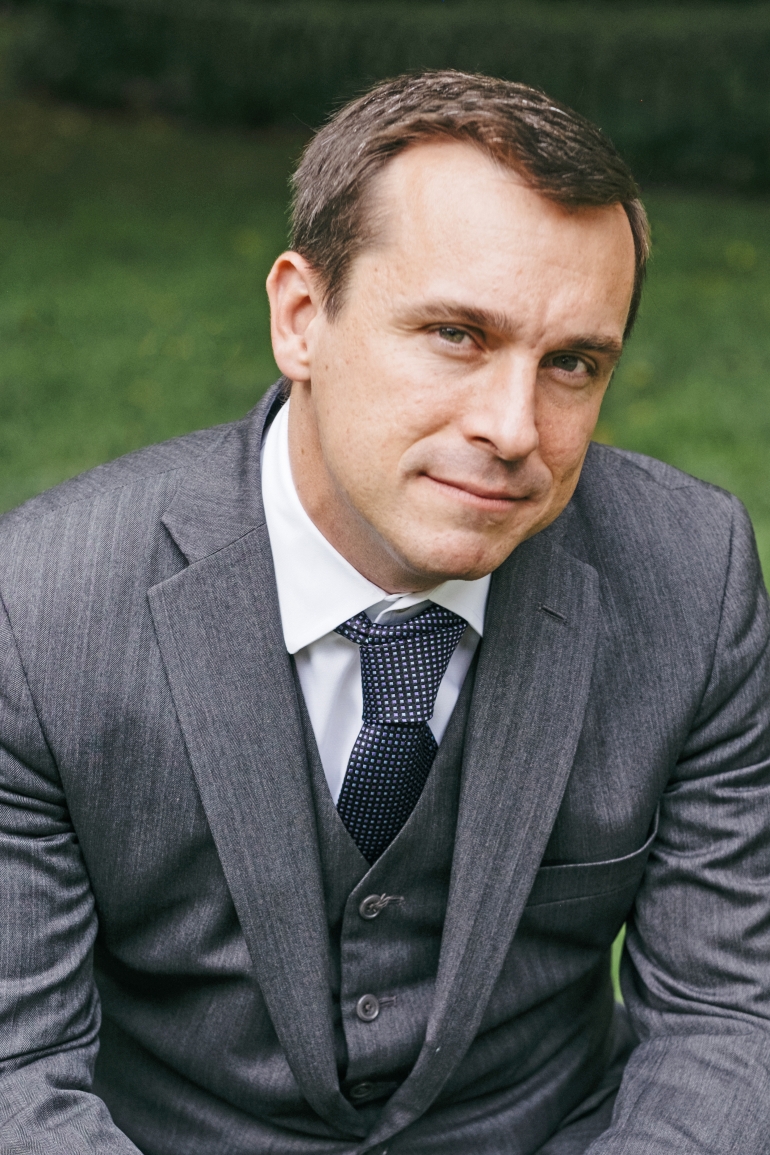Experts analyze COVID-19’s effects on environmental, social, and corporate governance (ESG) efforts
As the COVID-19 pandemic continued to rock the economy, NYU Law’s Institute for Corporate Governance & Finance hosted a virtual panel on May 1 examining the effects of the global crisis on corporations’ environmental, social, and corporate governance (ESG) efforts. ESG standards, intended to aid in evaluating a firm’s performance along these dimensions, have gained wide traction in the past decade. But the panelists were looking to the future: what will the ESG landscape look like post-pandemic?
Moderated by Professor Robert Jackson Jr., Martin Lipton Professor of Law Edward Rock, and NYU Stern Professor of Accounting April Klein, the discussion included Donna Anderson, vice president and head of corporate governance at T. Rowe Price; Ken Bertsch, executive director at the Council of Institutional Investors; David A. Katz ’88, a partner at Wachtell, Lipton, Rosen & Katz; Jeffrey Saper, a partner at Wilson Sonsini Goodrich & Rosati; and Eva Zlotnicka, a managing director at ValueAct Capital.
The conversation encompassed a robust set of issues such as the lack of a universal definition of ESG, the difference between paying lip service to ESG and actually integrating it into wider business strategies, how certain ESG issues might shift in prominence as a result of the COVID-19 pandemic, and how boards are altering their thinking in the new business climate.
Selected remarks:
Jeffrey Saper: “The pandemic poses some fundamental governance questions. How will shareholder outreach change? What are the dynamic questions that the management are going to pose? Is the corporate purpose the same? How do you deal with succession planning? What are the stress points on business continuity? How long can you commit to a workforce that you may not need all of, to the extent that we’ve got a protracted virus period? I think boards are dealing with that. How are they going to deal with dealmaking? What are they going to do with anti-takeover tactics? It’s going to impact a lot of how governance is going to be run going forward.”
Donna Anderson: “The [fundamental] changes that you think are going to happen when you’re in the middle of the thing don’t really ever pan out. The degree of change never quite has the scale that you think it will. But this experience will accelerate trends that we’re already seeing.”
Ken Bertsch: “Is there some sort of obligation to systemic concerns right now? I had made the argument that I thought companies should try to stand by their workers to the extent that they can, partly in the interest of helping to sustain the system, but I don’t see how firms can actually step up to the extent that we need them to do so. I was pulled into an informal effort to try to get companies to make no-layoff commitments for the next six months. It went nowhere. We’re in survival mode, trying to figure out how to get out of this mess right now.”
David Katz ’88, regarding large publicly traded companies that triggered outrage by receiving payroll relief funds from the Small Business Administration: “Very few companies, I think, went to their board and said, ‘Should we avail ourselves of these programs?’ They were viewed much more as management decisions. When management did bring it up with their boards, it was because companies were nervous about taking anything, and wanted the directors to think through ‘Is this what it’s really for? What will our shareholders say? What will others say?’ It put management teams in a difficult spot: they would probably have been faulted in a number of circumstances had they not availed themselves of the programs, and then all of a sudden this bright light was shined on them.”
Eva Zlotnicka: “We want to understand how environmental and social issues are being addressed by a company’s business model. Our thesis is that companies whose product or service or technology is solving global problems are the companies that will endure and also be rewarded for that value creation. Of course, addressing the current pandemic would absolutely be included in solving global problems. Ultimately, there’s nothing like a crisis to finally reveal the value of risk management and intangibles.”
Some quotes have been edited for clarity.
Posted June 4, 2020




